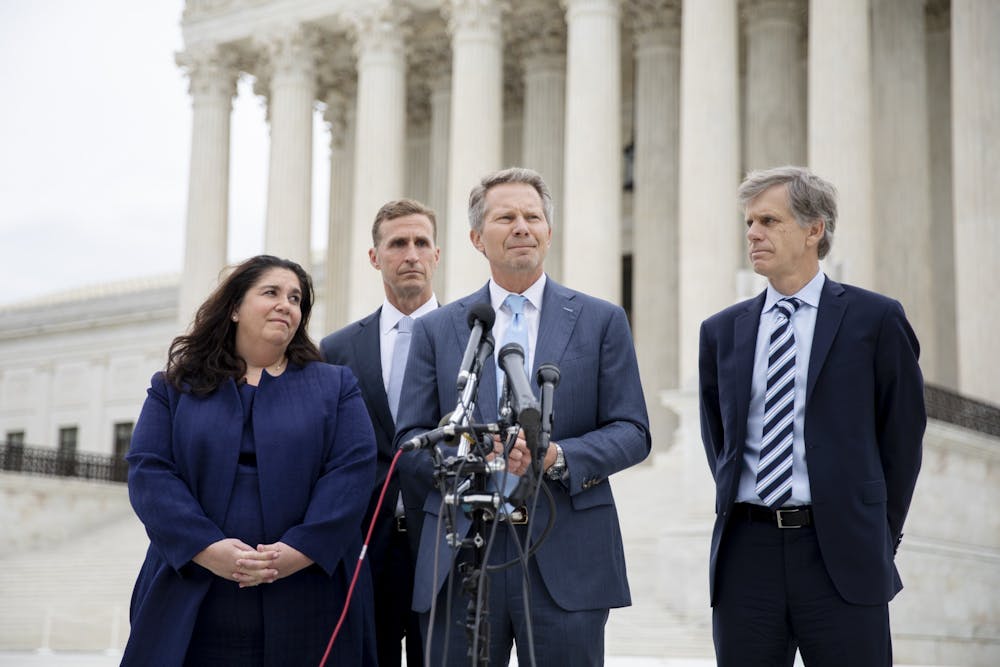The use of affirmative action in UNC admissions processes has been under review since Students for Fair Admissions filed a lawsuit against the University in November 2014. While this case deals directly with the consideration of race in public university admissions processes, it is unclear how the outcome will affect affirmative action for employment.
SFFA v. University of North Carolina was brought to the U.S. Supreme Court for oral arguments on Oct. 31. The private organization alleged that UNC violated the equal protection clause of the 14th Amendment and Title VI of the Civil Rights Act of 1964 by considering race in admissions.
Jeffrey M. Hirsch, a law professor at UNC, specializes in labor and employment law. He said the Supreme Court has not dealt with an employment-related affirmative action case in decades.
He also noted the distinction between affirmative action in the public and private sectors of employment, a distinction that also matters in cases of higher education.
“I think the public sector employers are already more limited in the type of affirmative action that they can engage in, and in particular, whether they can engage in affirmative action at all, as opposed to the education context, or at least higher ed,” Hirsch said.
Traditionally, in the employment context, diversity has not been a justification for affirmative action, according to Hirsch. Instead, it has been used as a remedial option.
“In other words, because some of the original affirmative action cases, or cases where an employer sometimes along with the union even, have been engaging in sort of repeated pernicious discrimination, even sometimes in contrary to a court order,” he said.
According to Hirsch, if the Court's ruling is relatively narrow, marking the end of race-conscious admissions in higher education, employment policy would be largely unaffected. However, if the court ruled more broadly, favoring a "colorblind" policy, the days of remedial affirmative action in employment would be numbered.
“Those are kind of two sides, two ends of the spectrum for how the decision can play out and we could have something somewhere in the middle, where it's a little more confusing, about whether they would consider affirmative action as a remedy in any case, or just some cases,” Hirsch said.




